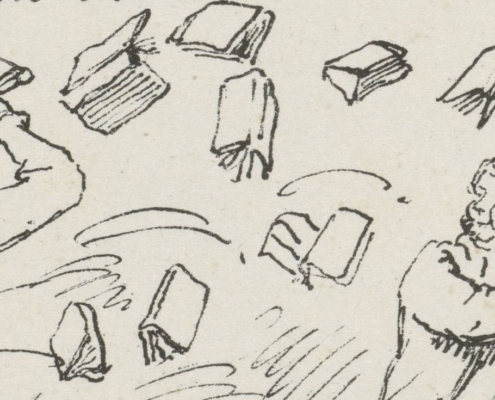 https://constructivedissent.ca/wp-content/uploads/2024/11/Damage_in_Gaza_Strip_during_the_October_2023_-_29.jpg
451
640
Dr. Cockle
https://constructivedissent.ca/wp-content/uploads/2024/09/constructive-dissent-300x138.png
Dr. Cockle2024-11-20 00:03:182024-11-26 12:46:43Stop Genocide in Gaza, Letter to MPs and Senators (2024-11-20)
https://constructivedissent.ca/wp-content/uploads/2024/11/Damage_in_Gaza_Strip_during_the_October_2023_-_29.jpg
451
640
Dr. Cockle
https://constructivedissent.ca/wp-content/uploads/2024/09/constructive-dissent-300x138.png
Dr. Cockle2024-11-20 00:03:182024-11-26 12:46:43Stop Genocide in Gaza, Letter to MPs and Senators (2024-11-20)Rule of Law and the Right to Dissent
In the parliamentary democracy of Canada, people living in Canada have the right, guaranteed by the Charter of Rights and Freedoms, to challenge the legality of laws, governmental policies, and decisions. The rule of law ensures the uniform and predictable enforcement of these rights and freedoms. The rule of law is a principle fundamental to democracy; according to this principle, the law applies equally to all—citizens and government alike. To ensure the integrity of Canadian democracy, independent, competent, and impartial judges must uphold the rule of law by ensuring that both the legislative and executive branches of Canadian government act legally and that people are not subject to arbitrary state action. The need for such judicial guardianship is greatest in times of declared crises when emergency measures are imposed without recourse to established parliamentary processes. (Democratic Rule of Law and Procedural Fairness: The Judicial Guardianship of Rights and Freedoms in Times of Crisis)
When the judiciary fails to uphold the rule of law, the right to dissent is our principal means of peacefully opposing state actions that potentially impair rights, override democracy, violate rule of law principles or otherwise impose tyranny. Rights to dissent–which necessarily entail freedom to exercise rights to opinion, political expression, access to information, association, assembly and to participate in public affairs–are essential components of democracy and indispensable to the maintenance and protection of all human rights.


